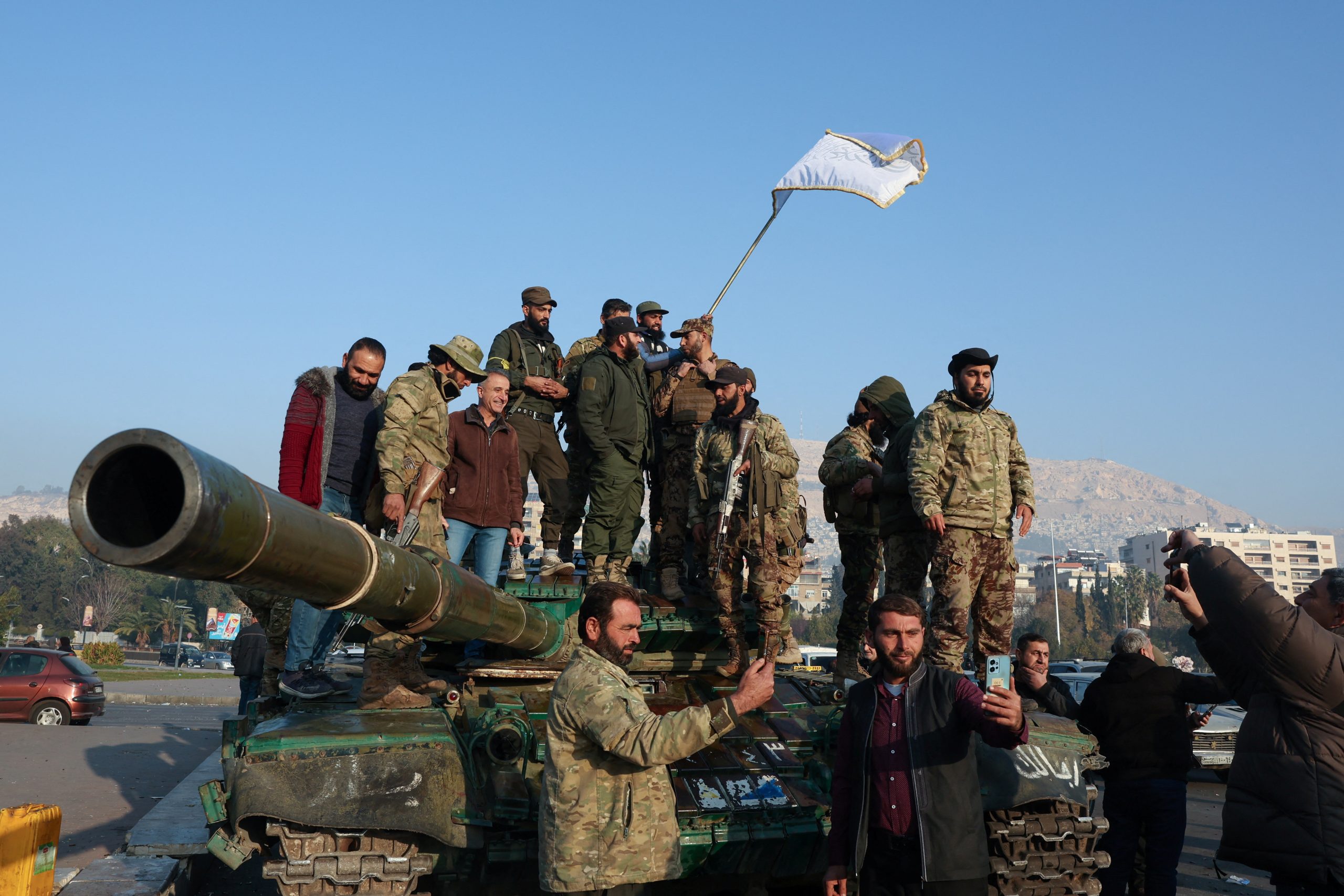
The ongoing Syrian Civil War has resulted in various factions vying for control over different regions. Among these factions, Syria’s Islamist rebels have been significant players. Their ability to govern and restore stability, however, is a question that has been widely debated. Could Syria’s Islamist rebels lead the country effectively? The answer to this hinges on several factors, including political legitimacy, military strength, and their vision for the future of Syria.
The Rise of Islamist Rebels in Syria
Syria’s Islamist rebels emerged as a dominant force after the conflict broke out in 2011. Initially part of the opposition against President Bashar al-Assad’s regime, these rebel groups have expanded their influence in regions previously controlled by government forces. Groups such as Hayat Tahrir al-Sham (HTS) and Ahrar al-Sham have gained territory, consolidating power and establishing self-governing structures. Their military victories, however, have been accompanied by challenges in governance, including economic management, security concerns, and relations with local populations.
The Challenges to Effective Governance
Although Syria’s Islamist rebels have shown military capabilities, governing a war-torn country presents a new set of challenges. First, the governance of such a diverse society requires not just military strength but also political acumen. The lack of a unified vision among various rebel factions has made it difficult to form a stable government. Additionally, the presence of multiple external actors with differing interests, including Turkey, Russia, and Iran, complicates any rebel-led efforts to establish authority over the entire country.
Syria’s Islamist rebels must also address the needs of a fractured population. Much of Syria’s infrastructure has been destroyed, and a major humanitarian crisis persists. Rebuilding the country would require substantial resources, which many of the rebel factions lack. Moreover, the ideological rigidity of certain Islamist groups could alienate secular and non-Muslim segments of Syria’s population, further hindering their ability to govern effectively.
Could Islamist Rebels Gain International Recognition?
International recognition is another significant hurdle for Syria’s Islamist rebels. Despite some success on the battlefield, their governance model has been met with skepticism by the international community. The Assad regime still retains the backing of major world powers, including Russia and Iran. While some regional actors, such as Turkey, have supported certain Islamist factions, it is unclear if these rebels could ever gain formal recognition from the United Nations or establish diplomatic relations with other countries.
Conclusion: A Future for Syria’s Islamist Rebels?
The question of whether Syria’s Islamist rebels can govern the country remains complex. Military victories do not necessarily translate into political stability or effective governance. While they have demonstrated an ability to manage regions they control, the challenges of rebuilding a nation and winning the loyalty of its people remain immense. Without broad political support and international recognition, it seems unlikely that Syria’s Islamist rebels could take full control of the country in the long term. However, their role in Syria’s future will certainly remain significant as the conflict continues to evolve.




